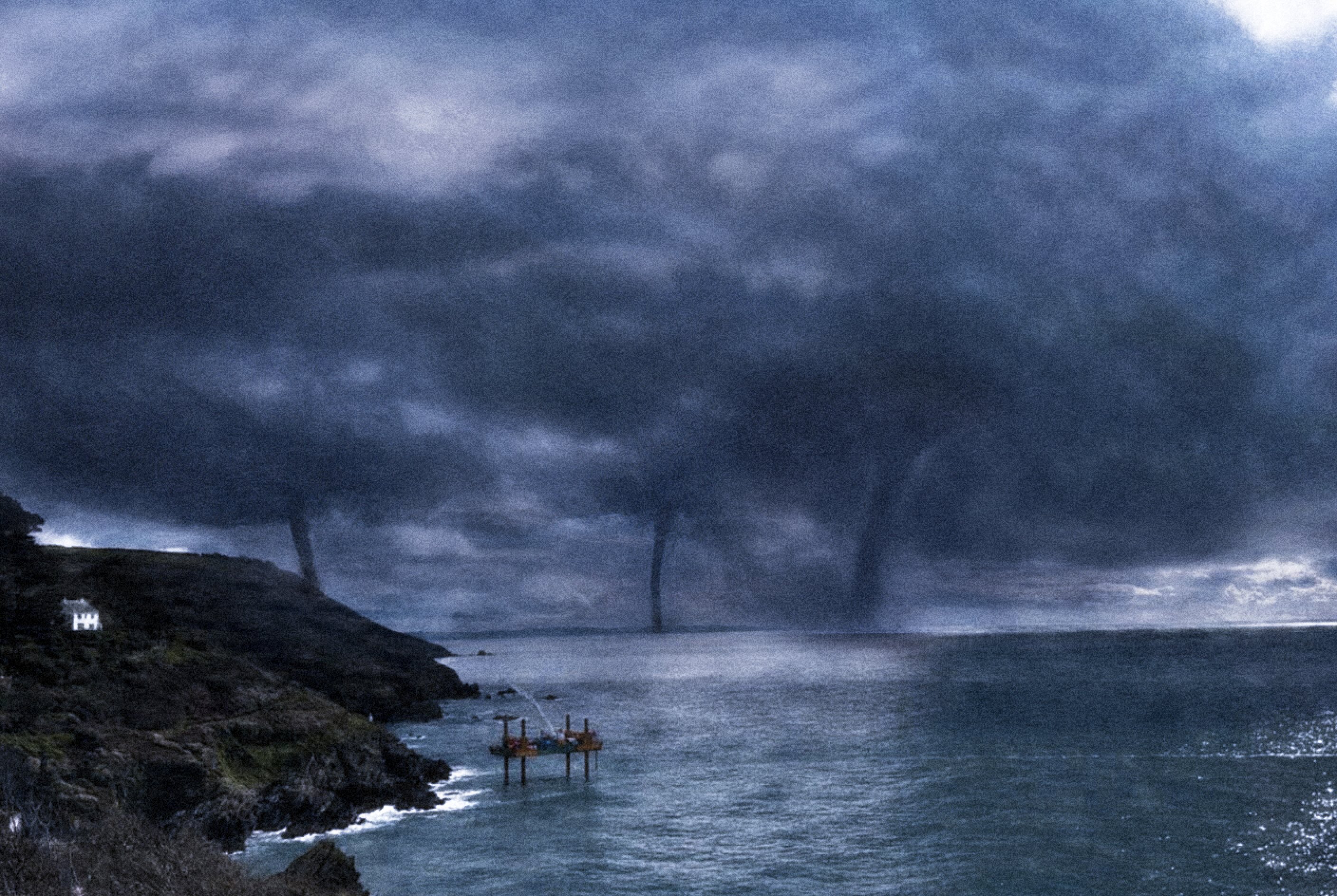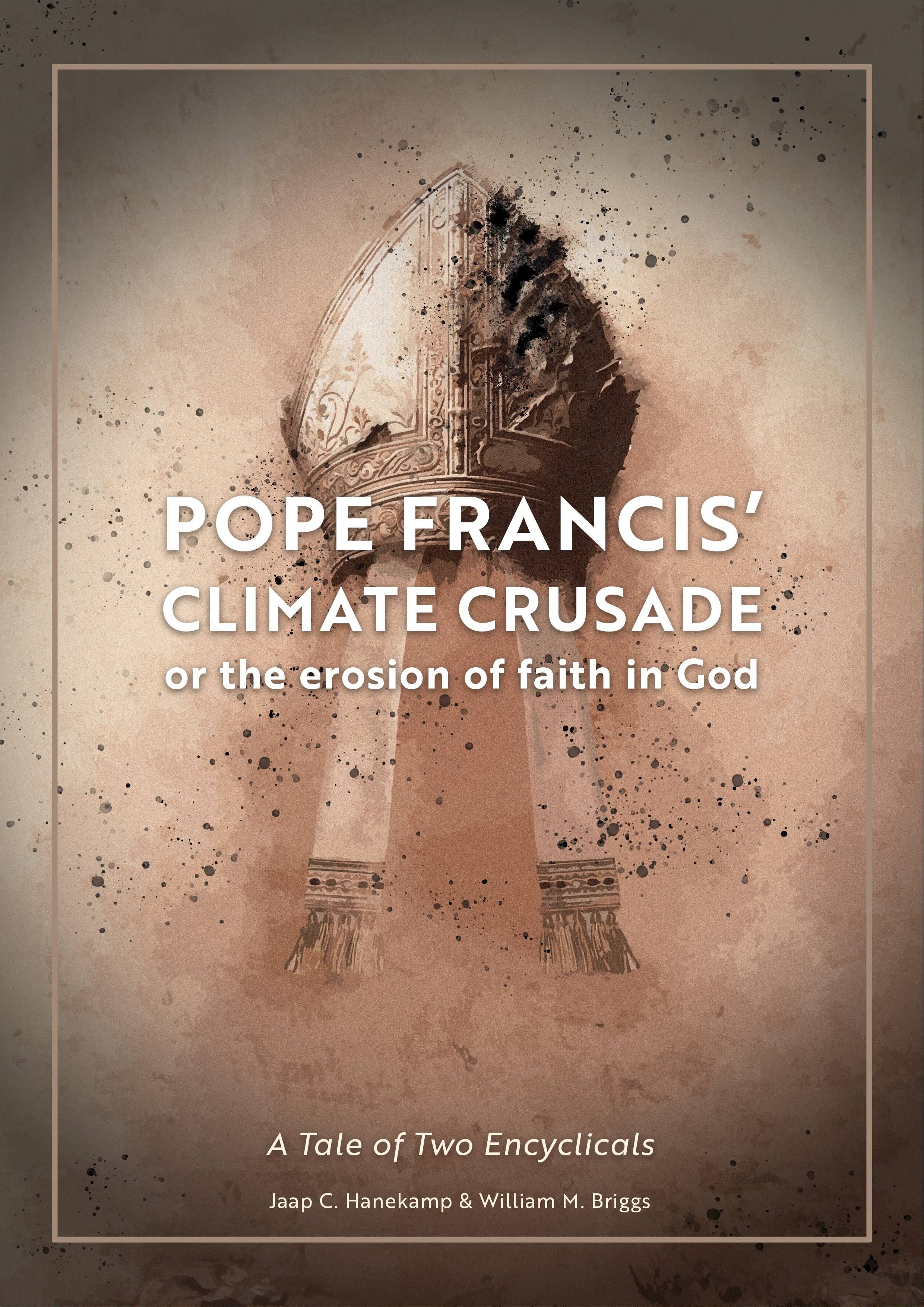Inleiding
Het moest er een keer van komen. Twee encyclieken van Paus Franciscus - Laudato Si’ en Laudate Deum - vroegen wat mij betreft om een ’theologisch-filosofische’ respons. Bij dezen.
Vriend Marcel Crok had mij en vriend Matt Briggs gevraagd om de gezamenlijke en spreekwoordelijke pen op papier te zetten. Dochter Yleana heeft de majestueuze voorkant ontworpen en de verdere illustraties verzorgd. Chapeau!
Maar waar gaat dit in het Engels geschreven essay - te vinden op mijn Researchgate pagina en de Clintel website - eigenlijk precies over? Een kleine introductie.

Introducing Pope Francis’ Climate Crusade
“Pope Francis unfolds his outlook on climate change in Laudato Si (2015) and Laudate Deum (2023). We reflect on both encyclicals, though we do not assess the scientific information on climate change as such.
Instead, we examine the Pope’s use and understanding of models, and delve deeper into the overarching philosophy that sustains the encyclicals.
We conclude that the Pope, carelessly we believe, embraces scientism, and not science, which inadvertently weakens his position, and those that follow his scientistic prescriptions.
Scientism is the ideology that science alone is deemed capable of elucidating and resolving all genuine human problems, and that all human affairs can be reduced to science. Accordingly, scientism is the effort to expand science to all other fields of human affairs, even theology, and to usurp them in a reductionist fashion.
Both encyclicals reveal sure signs of scientism in several ways.
First, Pope Francis shows an unquestioning allegiance to climate catastrophism as if the relevant global scientific community speaks only with one scientific voice.
Climate scientism is a gross misrepresentation of what climate science is about and how results in this field, or any scientific field for that matter, should be understood.
Second, by, perhaps unwittingly, embracing climate scientism, the Pope opens the door to a dialectic understanding of reality.
That is: on the one hand, he unambiguously derides the current economic reality (with all its obvious flaws, to be sure) while on the other hand he naively and unreflectively supports a drive towards a regulatory reality that must oversee all fundamental human affairs on a global scale.
Because of this, and third, Pope Francis introduces and endorses the destructive utopian worldview.
He plays the dystopian card of dogmatic climate catastrophism to persuade people to get on with the global transformative program of the utopian kind.
Fourth, the climate scientism Pope Francis peddles stands diametrically opposed to the Christian worldview. We will show, in the final analysis, that scientism of any stripe is incommensurable with not only the Christian faith but also with science.”

